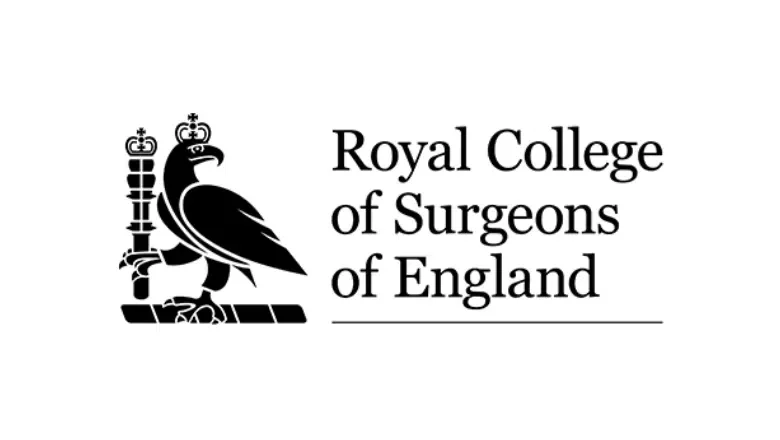Many patients who come to see us at Centre for Surgery in London are often surprised to learn that body mass index, or BMI, is a very important consideration in optimising both safety and the final result of cosmetic surgery. It is a common misconception that body contouring procedures, including liposuction and tummy tuck, are effective for weight loss. Both liposuction and tummy tuck should not be viewed as treatments for weight loss but instead should be viewed as procedures to shape and contour the body.
RELATED: Preparing for Cosmetic Surgery
As part of our rigorous safety protocols, we require patients who are considering a surgical procedure under general anaesthetic to be either at or near their ideal body weight and in most cases, they should be within 6 kg or one stone from the desired weight before deciding to undergo any surgical procedure, especially more extensive body contouring procedures such as a Brazilian butt lift or BBL for short.
There are several important reasons why patients should have an optimal body weight. The vast majority of body contouring procedures that our surgeons regularly carry out correct aesthetic deformities that have often developed as a result of significant weight loss. These include excess deposits of fat in hard-to-shift areas and skin laxity or sagging skin. Patients who are close to their ideal body weight before deciding to undertake such procedures have a greater chance of achieving the optimum result compared with those who may be significantly overweight or obese.
RELATED: Does liposuction cause loose and flabby skin?
Patients will want to maintain their body weight after surgery because it is commonly accepted that patients who undergo significant fluctuations in weight often as a result of yo-yo dieting could develop adverse results. However, by far, the most important reason for patients to be at or near their ideal body weight is because of the higher risks associated with both anaesthesia and surgery in those who are significantly overweight. Patients within the ideal BMI range will have fewer risks and a better safety profile and may get better results. At Centre for Surgery, patient safety lies at the heart of everything we do.
What is Body Mass Index (BMI)?
Body mass index is a guide to determine how much body fat a person has on their body. BMI is derived from both height and weight, which can then be used to give a rough guide of your ideal body weight.
The NHS has determined that a healthy body mass index lies between the range of 18.5 and 25. If you would like to find out your body mass index, please use the NHS BMI calculator for an accurate measurement.
RELATED: Ideal Weight For Tummy Tuck
It is important to bear in mind that your BMI is only an approximate indication of what is normal for your category of weight. Several other variables help to determine healthy behaviours and what could hurt health. Pregnancy or people who are very athletic can affect body mass index and may, therefore, have an increased muscle mass. Muscles weigh more than fat, and therefore, in muscular people, BMI may not be an accurate reflection of how much fat you have on your body.
What is the ideal BMI for Cosmetic Surgery?
Each of our plastic surgeons will have their own criteria for determining a healthy BMI for their procedures. However, in all cases, surgeons will prefer your body mass index (BMI) to be below a certain value to carry out the surgery safely and reduce the risk of postoperative complications.
At Centre for Surgery, we advise all patients that their BMI should be under 30 before undergoing a surgical procedure under general anaesthetic. A body mass index of up to 35 may be acceptable, provided patients have undergone a face-to-face assessment with an anaesthetist before surgery. Our surgeons are always happy to consult with new patients. We always advise you to attend an in-person consultation regardless of your body mass index, as the appropriate advice can be given once you have been clinically assessed. Having said that, you may wish to schedule an appointment once you feel you are at or very close to your ideal body weight.
BMI Surgical Exemptions
There are a very small number of exceptions to our BMI guidelines. An example is women who have most of their excess body weight in the lower part of their body, also known as a bottom-heavy shape. This is often the case in women who suffer from lipoedema and otherwise have a relatively slim upper body. This carries a lesser anaesthetic risk compared with patients who have excess body weight in the upper part of their body. Another example would be large, muscular men with a relatively low body fat percentage. Your surgeon may suggest a target weight for you to achieve before having a surgical procedure. Any advice your surgeon gives about addressing body weight is always related to optimising your safety and ensuring you get the best possible outcome following your surgery.
What are the risks of having a high BMI when having Plastic Surgery?
Having a body mass index in the optimum range means that your risk profile is lower compared with someone with a BMI above the recommended range. Patients with a BMI under 35 are generally linked with having better overall health. Published medical research consistently shows that having a high body mass index is strongly linked to several medical conditions, including high blood pressure, diabetes, cardiovascular disease, respiratory disease and liver disease. The risk of developing cancer may also be raised in patients with a higher body mass index. Patients with the above conditions may not be an ideal candidate for a cosmetic surgery procedure at Centre for Surgery.
RELATED: Risks and Complications of Cosmetic Surgery
There are also more direct risks of having a high body mass index. The risk of anaesthetic and surgical complications is increased, including the risk of difficult airway management, risk of pressure sores, surgical site infection, delayed wound healing and development of a seroma or haematoma. Patients with a higher BMI may also need to undergo a second surgical procedure to manage a seroma or haematoma.
It is our philosophy at Centre for Surgery to always strive for the very best outcomes for all our patients. Our surgeons will never agree to undertake a procedure if it is potentially unsafe or could be harmful to your health. Having cosmetic surgery is about helping you feel the best you can by improving your physical appearance. We, therefore, want you to be optimally prepared before surgery to help you achieve your goals.
At your consultation, your surgeon can provide detailed information about how your body mass index could affect your proposed surgical procedure. Always feel free to ask any question, no matter how minor or trivial you feel it may be.










